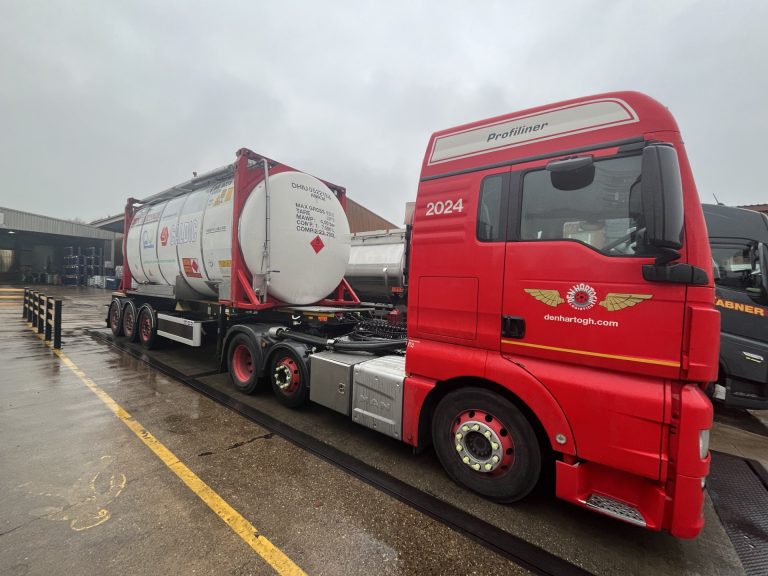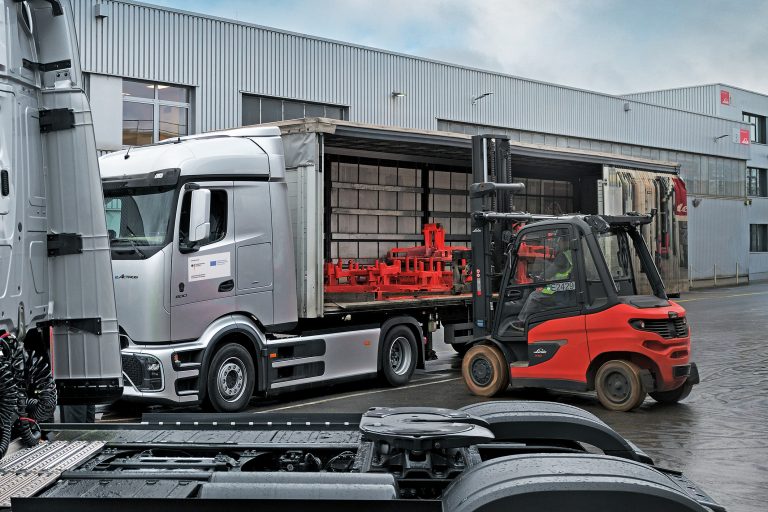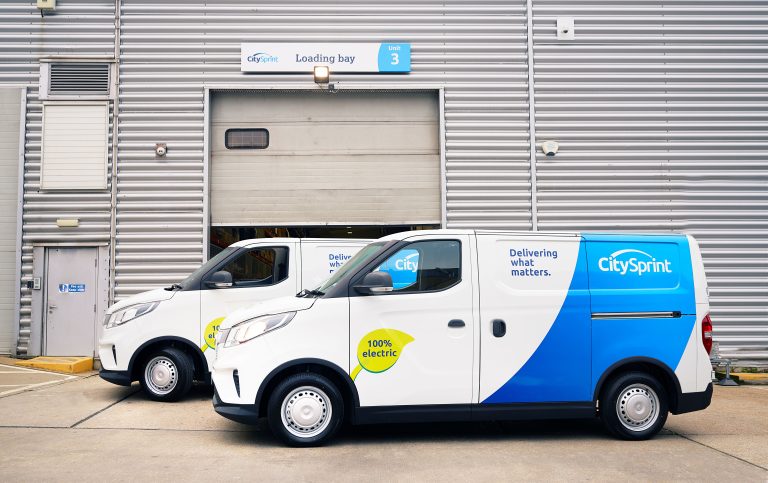Today, the largest European logistics platform gets one step closer to becoming real time in everything it does and expands its visibility solutions into Real-Time Yard Management. In addition, Transporeon announces a strategic partnership with Peripass to offer enhanced Yard Management Solutions. Peripass dedicates its expertise and technology to help companies digitize and optimize their logistics processes. Thanks to this partnership, companies can benefit from extended real-time visibility capabilities.
Today, most transport or warehouse activities are often optimized with Time Slot Management. Combining Time Slot Management with Real-Time Visibility information allows dynamic rebooking of time slots and provides a real time view on yard activities. Only few companies have invested in digitizing their entire yard operations in real-time. Nevertheless, yard management is key to gain total visibility on the entire digital supply chain. Yet for many companies, this is still a missing link in supply chain. Although transport or warehouse activities are often optimized or automated, relatively few companies have already invested in digitizing their yard operations. The yard is where a lot of additional value is ready to be collected. This fragmented and reductionistic view and management of the yard makes it very difficult for Shippers, Retailers, Carriers and Logistics Service Providers to utilize all available resources in the best possible way leading to reactive processes, a lack of flexibility and also increased waiting times.
Transporeon’s launch of Real Time Yard Management and its partnership with Peripass, the Yard Enabler, will deliver an experience of simplicity in a fully automated real time yard ensuring hassle-free logistics and augmented visibility. A solution that aims to ease yard management and automate different visitor and logistic flows, enables significant efficiency, cost savings and safety & security improvements for all Shippers, Retailers, Carriers and Logistics Service Providers running warehouses and cross-docks in Europe.
Stephan Sieber, Transporeon’s CEO, said: “Launching Real Time Yard Management and partnering with Peripass will deliver tremendous value to carriers, shippers and forwarders. By combining the two best offerings approaching the yard from the timeslot and from the physical yard and all in real time demonstrates the strength of our platform and delivers a fully integrated experience to our customers. The whole Transporeon team is excited about the cooperation with a thought-leading and dynamic team at Peripass that shares our passion of delivering outstanding value to our customers.”
Leander Naessens, Peripass CEO, added: “By offering a combined solution, we join forces, with on one hand innovative Yard Management Solutions from Peripass, and on the other hand time slot and dynamic slot management capabilities from Transporeon. This integrated solution increases real-time visibility between transport and yard operations. This is an absolutely unique offering for the digital logistic market and Peripass is proud to be part of it.”
Transporeon has been working on this co-innovation with key pilot customers in Europe and plans to release the product and make it generally available by April 2021. We have already common projects in our pipeline to have the solution combined which will soon lead to real cases.














